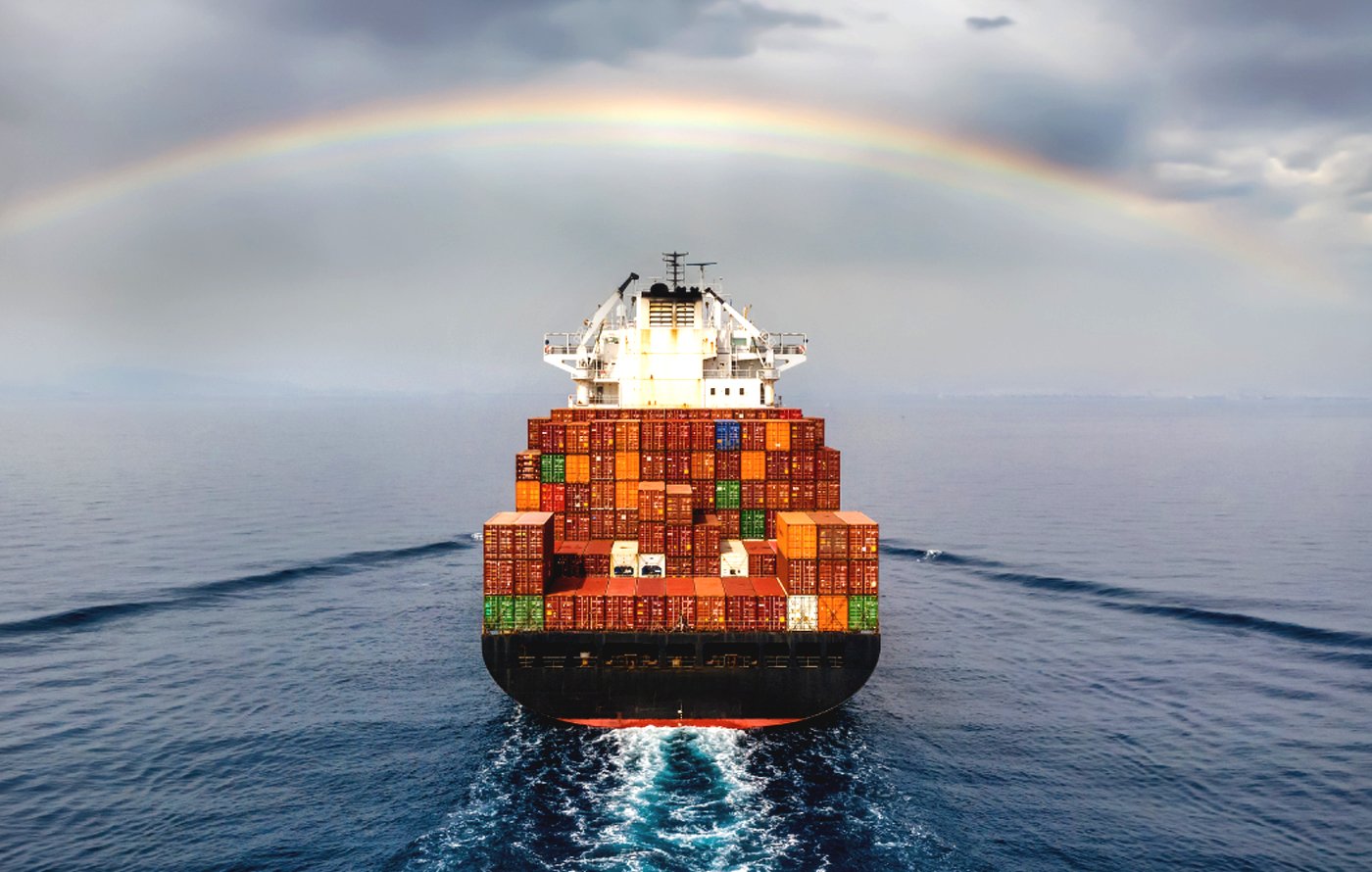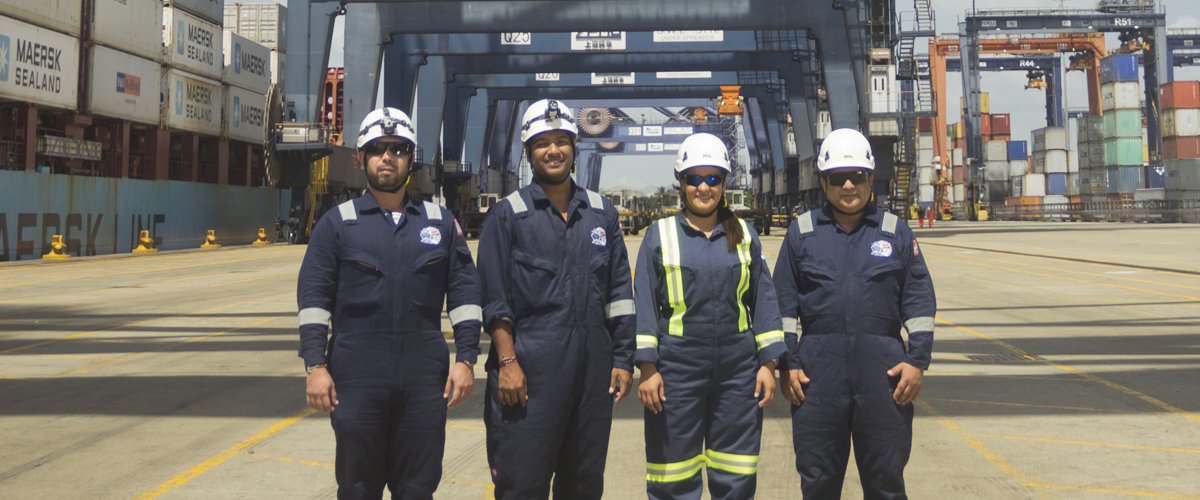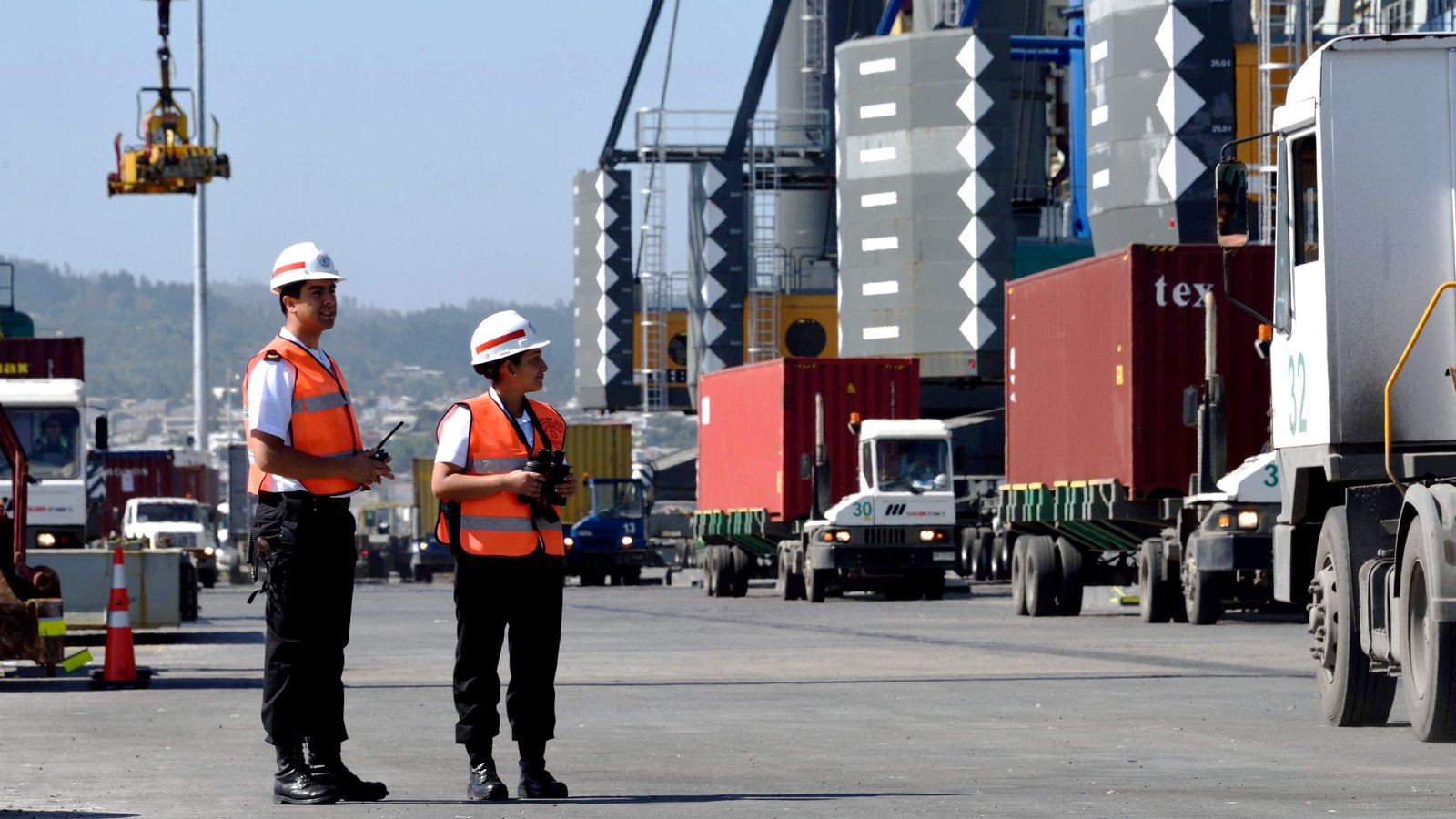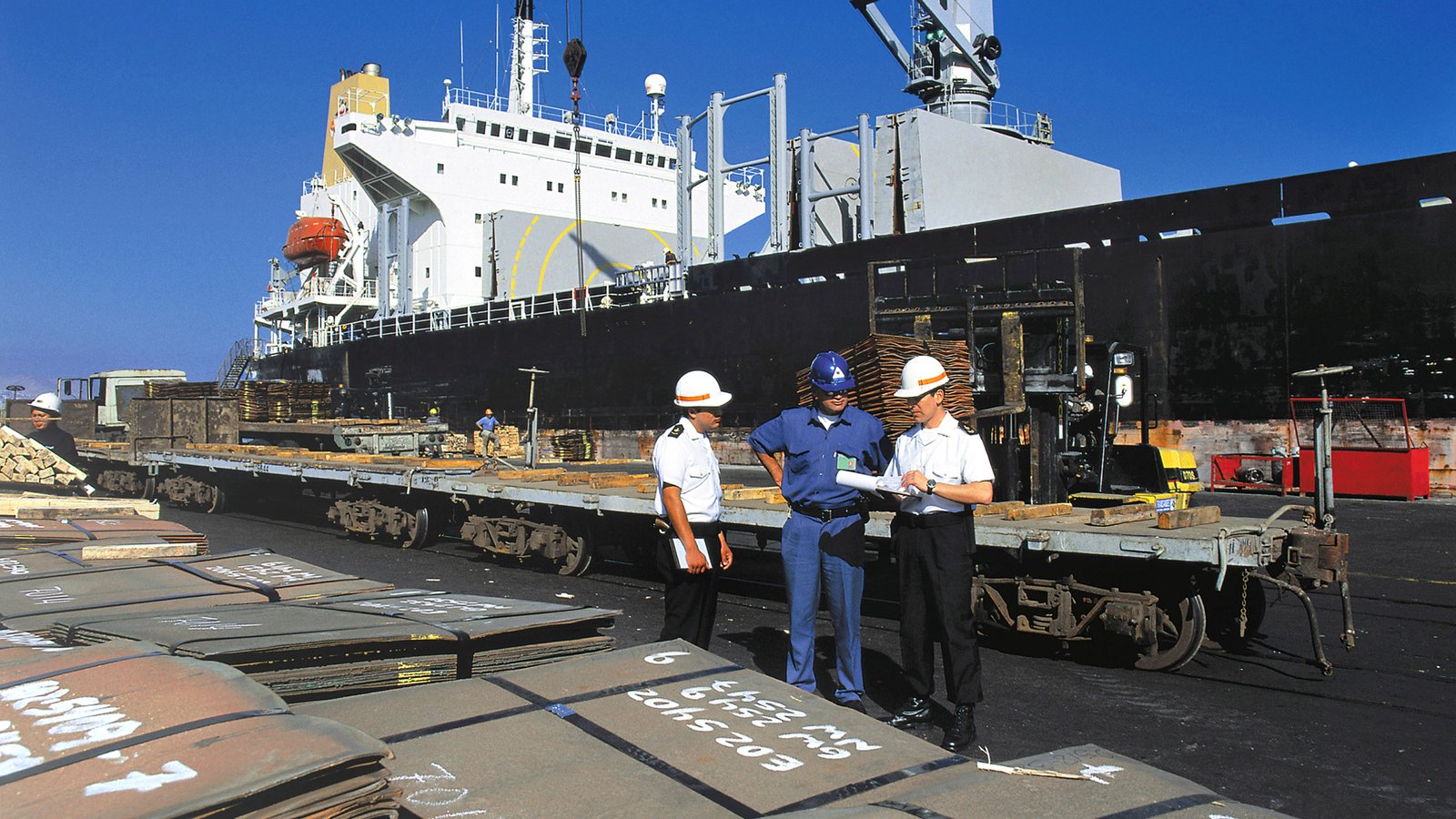MARITIME CHRONICLES
PORT OPERATION DURING TIMES OF PANDEMIC
The Governance or Port Management Model has been subject to intensive debates, as to how it must be carried out; this has led the Port Authorities of different countries to face key aspects in their role, such as the flow of international commerce, liberation of international maritime shipping, deregulation of certain services, business/corporate concentration, or geographic pooling of the large port operators.
THE NEW ERA OF PORT GOVERNANCE
According to the documents having been analyzed, globalization has supposed the unification of countries, as well as an increase in commerce, in which at present time the only existing barriers are a result of different economic policies, which in certain cases can be highly restrictive. Also, globalization has made it possible for economies with better logistics, to grow more rapidly, to be more competitive, and to increase their investments.
THE NEED TO INCORPORATE COMPREHENSIVE MARITIME SECURITY INTO STATE POLICIES
Undoubtedly the opportunity for foreign trade to materialize is thanks to maritime transport, port movement and international agreements that develop free trade, however, it is important to be aware that we achieve that trade is developed, thanks to the security conditions presented by the sea lanes.
DIGITIZATION OF PROCESSES IN LATIN AMERICA AND THE CARIBBEAN
Driven in part by government policy and in part by private sector investment as a partner in development, Latin American and Caribbean (LAC) ports have begun a process of modernization and digitization to enable them to successfully meet the challenges of world trade and, in the case of the Caribbean Basin, global tourism.



